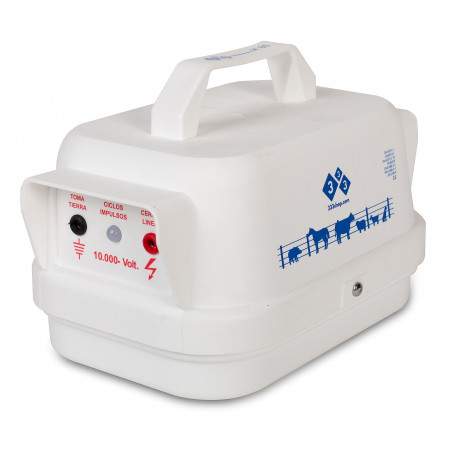In the district of Groß-Gerau, a wild boar has tested positive for African swine fever (ASF) for the first time in Hesse. The Friedrich Loeffler Institute (FLI), the Federal Research Institute for Animal Health, confirmed a corresponding result from the Hesse State Laboratory on Saturday, June 15. The animal was found south of Rüsselsheim near a country road.
Since then, measures have been put in place to protect against the spread of ASF in the region. The district of Groß-Gerau, the Darmstadt Regional Council, and the Hessian Ministry of Agriculture and the Environment are working closely together and are in constant contact. The Ministry of Agriculture immediately organized an ASF coordination group and an animal disease task force. The primary objective is to contain the disease in as small an area as possible and to prevent it from spreading or spreading to domestic pig herds.

A so-called restricted zone is being established in a 15-kilometer radius around the discovery site. All the authorities involved have agreed on this. Districts within this radius are currently working on general decrees regulating the movement and keeping of pigs, the handling of animal products, and the spreading of manure, among other things. A general ban on hunting in the zone is intended to prevent wild boar from being startled. The search for possible carcasses near the site has already begun. In addition to the district of Groß-Gerau, the Main-Taunus district, Darmstadt-Dieburg, Offenbach-Land, and the cities of Frankfurt and Wiesbaden are affected by the restricted zone. In Rhineland-Palatinate, the district of Mainz-Bingen and the city of Mainz are also within the 15-kilometer radius. The highest state authority in Rhineland-Palatinate has been informed, and the Hessian Ministry of Agriculture is also in close contact with the responsible federal authorities.
The veterinary authorities of the districts and cities affected by the restriction zone are currently organizing the search, sampling, recovery, and disposal of fallen game and, in this context, establishing carcass collection points. The crisis structures of the affected districts have been activated and the establishment of hotlines for citizens is being planned. The epidemiological expert team of the Friedrich-Loeffler-Institut will support the veterinary authority of the district of Groß-Gerau on site starting Monday and will provide advice by telephone on Sunday.
So far, only one infected wild boar has been found. A few kilometers away, two more dead wild boars were found, which tested negative for the virus. In September 2020, the first case of ASF was confirmed in a wild boar in Germany - in Brandenburg. With the confirmed case in the district of Groß-Gerau, the virus has now reached the state of Hesse for the first time. The veterinary office and emergency services of the district of Groß-Gerau will set up the first carcass collection point, including a disinfection lock, on Monday morning. The collection point is located directly next to the veterinary office at the Gross-Gerau district office.
June 16, 2024/ Darmstadt Regional Council/ Germany.
https://rp-darmstadt.hessen.de/









